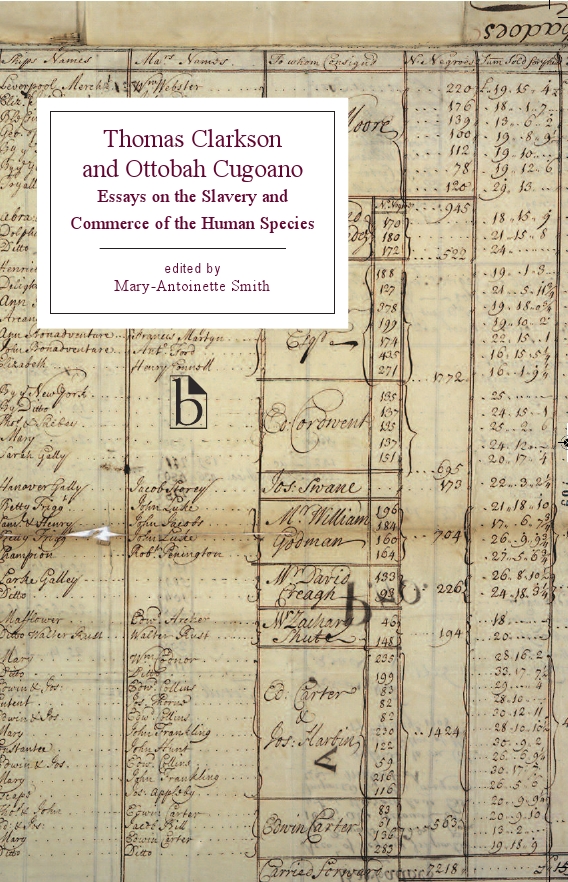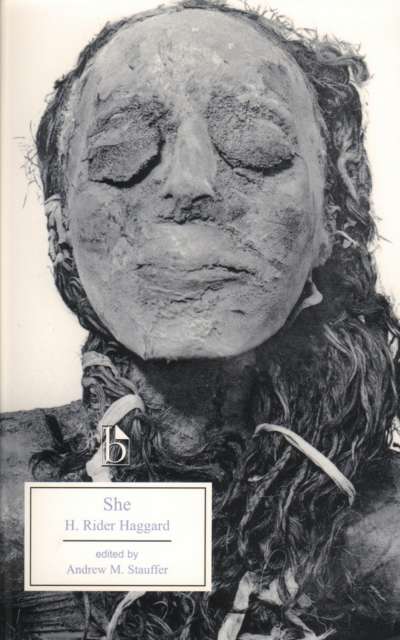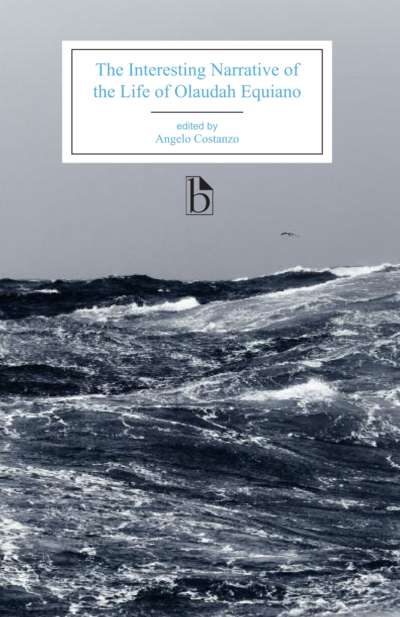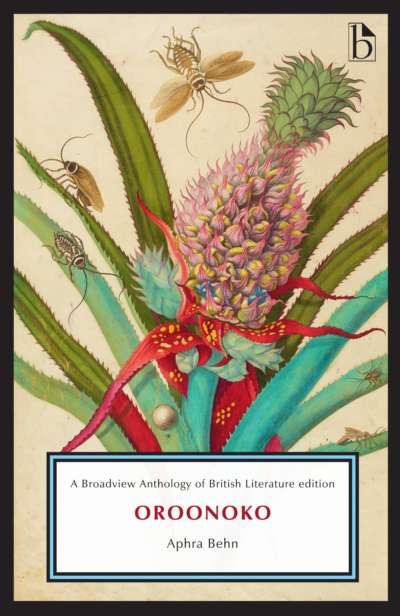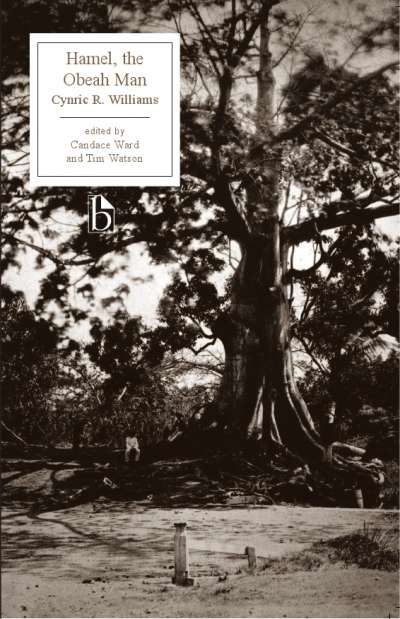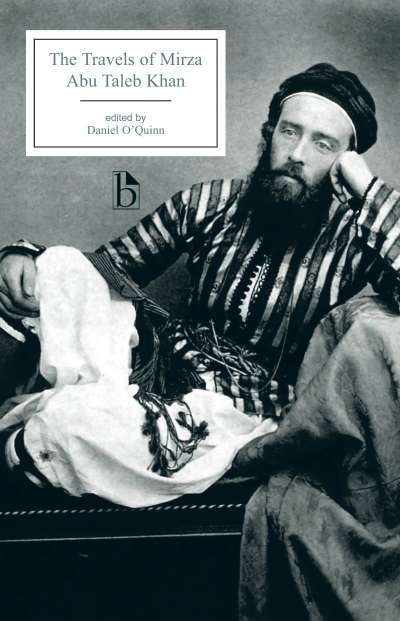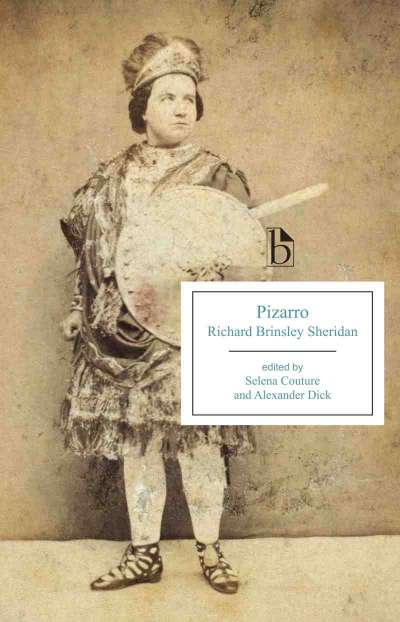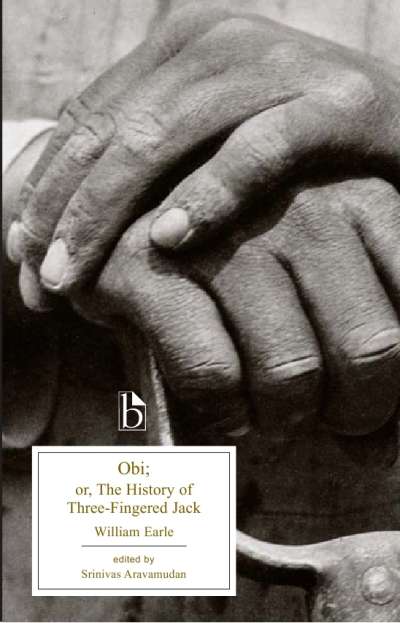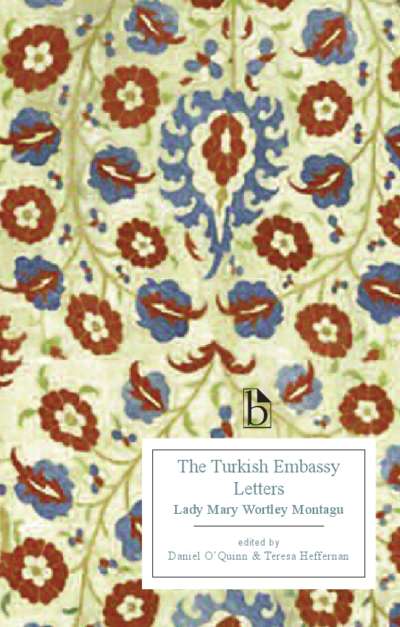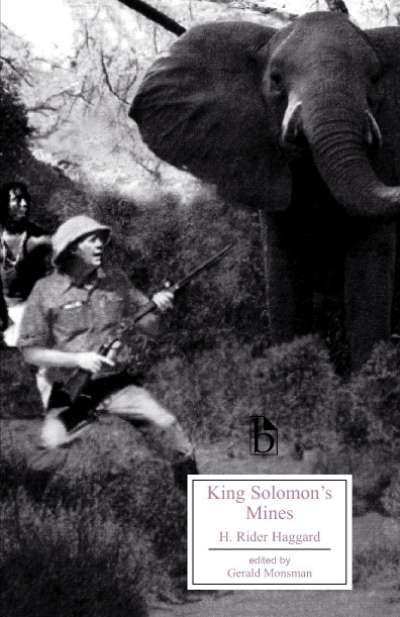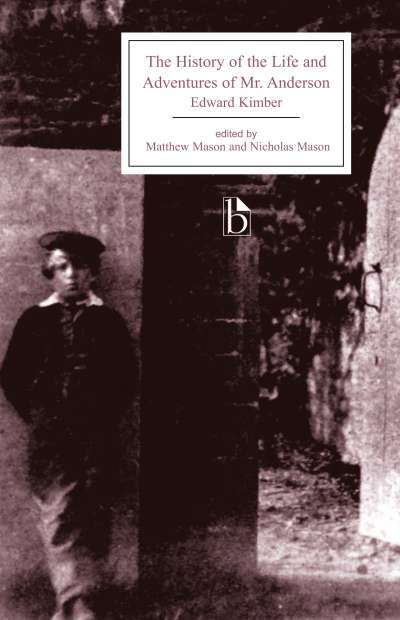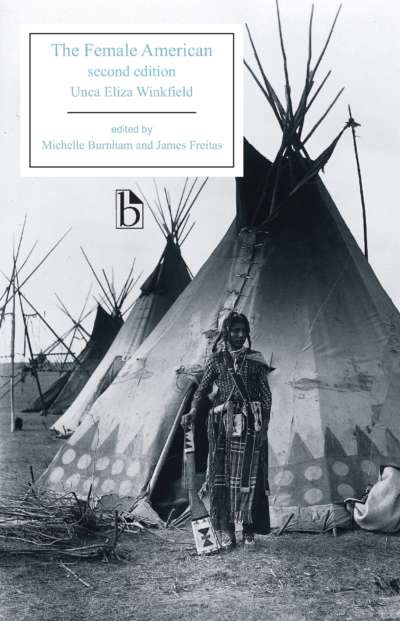When abolitionists Thomas Clarkson and Ottobah Cugoano published their essays on slavery in the late eighteenth century, they became key participants in one of the most important human rights campaigns in history. British abolitionism sought to expose the realities of transatlantic slavery in addition to asking politicians to help dehumanized Africans in the New World, and this edition brings together two major essays of the 1780s that were influential in the spread of the early abolitionist movement: Clarkson’s An Essay on the Slavery and Commerce of the Human Species and Cugoano’s Thoughts and Sentiments on the Evil and Wicked Traffic of the Slavery and Commerce of the Human Species.
A critical introduction and extensive historical appendices on British and American slavery and abolitionism, featuring contemporary arguments for and against slavery, are also included.
Comments
“Professor Smith provides here the complete texts of two important and eloquent early arguments against slavery, along with key selections from other works of the same era on both sides of that great debate. With its helpful introduction, annotations, and chronology, this collection is indispensable for all who wish to understand the long, hard fight for abolition.” — Paul K. Alkon, Bing Professor Emeritus of English and American Literature, University of Southern California
“Mary-Antoinette Smith has placed together two important texts of the British abolitionist movement and made them accessible to the general reader. In particular, she has done a superb job of bringing to life the dense classical and biblical allusion that is the hallmark of Clarkson’s and Cugoano’s writing. In Smith’s hands, we can once again understand the urgency and vibrancy of their work and its importance in hastening the end of the Atlantic slave trade.” — Brycchan Carey, Kingston University
Acknowledgements
Introduction
Thomas Clarkson and ottobah Cugoano and the History of Antislavery: A Brief Chronology
A Note on the Texts
An Essay on the Slavery and Commerce of the Human Species, Particularly the African; Translated from a Latin Dissertation, Which Was Honoured with the First Prize in the University of Cambridge, for the Year 1785. The Second Edition, Revised and Considerably Enlarged, Thomas Clarkson (1788)
Thoughts and Sentiments on the Evil and Wicked Traffic of the Slavery and Commerce of the Human Species, Humbly Submitted to the Inhabitants of Great Britain, Ottobah Cugoano (1787)
Appendix A: British and American Antislavery Arguments
- 1. from Debates in the House of Commons on the African Slave Bill (1788)
- 2. from William Roscoe, A Scriptural Refutation of a Pamphlet Lately Published by the Reverend Raymund Harris (1788)
- 3. from Olaudah Equiano, The Interesting Narrative of the Life of Olaudah Equiano, or, Gustavas Vassa, the African. Written by Himself (1789)
- 4. from Alexander Geddes, An Apology for Slavery, or, Six Cogent Arguments Against the Abolition of the Slave Trade (1792)
- 5. from James Field Stanfield, Observations on a Voyage to the Coast of Africa, in a Series of Letters to Thomas Clarkson (1807)
- 6. from William Cuttriss, Slavery Inconsistent with Christianity (1825)
- 7. from Thomas Clarkson, Letter to Such Professing Christians in the Northern States of America, as have had no practical concern with slave holding, and have never sanctioned it by defending it; and to such, also, as have never visited the Southern States (1844)
- 8. from Anthony Benezet, Observations on the Inslaving, Importing and Purchasing of Negroes (1760)
- 9. from John Woolman, Some Considerations on the Keeping of Negroes (1762)
- 10. from the American Convention for Promoting the Abolition of Slavery and Improving the Conditions of the African Race, Address … to the People of the United States (1804)
- 11. from the American Anti-Slavery Society, Declaration of the National Anti-Slavery Convention (1833)
Appendix B: British and American Proslavery Arguments
- 1. from Reverend Raymund Harris, Scriptural Researches on the Licitness of the Slave-Trade (1788)
- 2. from Gilbert Francklyn, An Answer to the Rev. Mr. Clarkson’s Essay on the Slavery and Commerce of the Human Species (1789)
- 3. from William Harper, Memoir on Slavery, Read before the Society for the Advancement of Learning of South Carolina (1837)
- 4. from James Henry Hammond, Letters on Southern Slavery: Addressed to Thomas Clarkson, the English Abolitionist (1845)
Appendix C: British Antislavery Verse
- 1. from Hannah More, Slavery. A Poem (1788)
- 2. from Helen Maria Williams, A Poem on the Bill Lately Passed for Regulating the Slave Trade (1789)
- 3. Anonymous Abolitionist Poems
- a. The African’s Complaint On-Board a Slave Ship (1793)
- b. The African’s Complaint (c. 1790)
- c. An African’s Appeal to the British Nation (c. 1790)
Appendix D: Antislavery Remarks Written to Thomas Clarkson
- 1. from Alexander Falconbridge, Eyewitness Testimonial of African Slave Abuse on Slave Ships Made to Thomas Clarkson (c. 1778)
- 2. Marquis de Lafayette, Letters to Thomas Clarkson (1798, 1823)
Works Cited and select bibliography
Mary-Antoinette Smith is Associate Professor of English and Director of Women Studies at Seattle
University.

